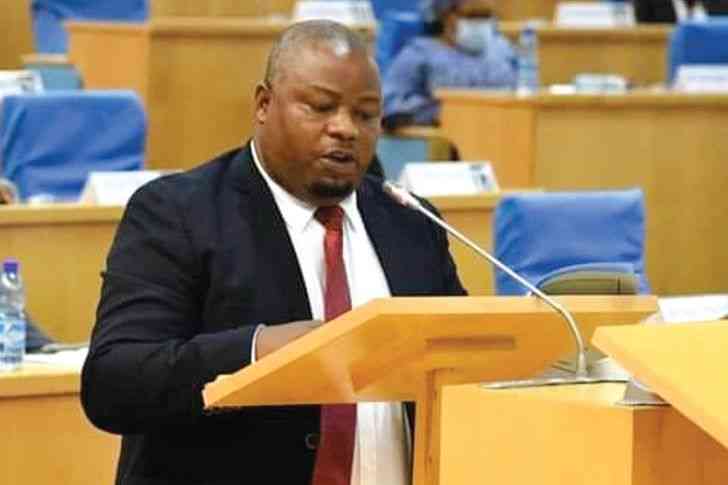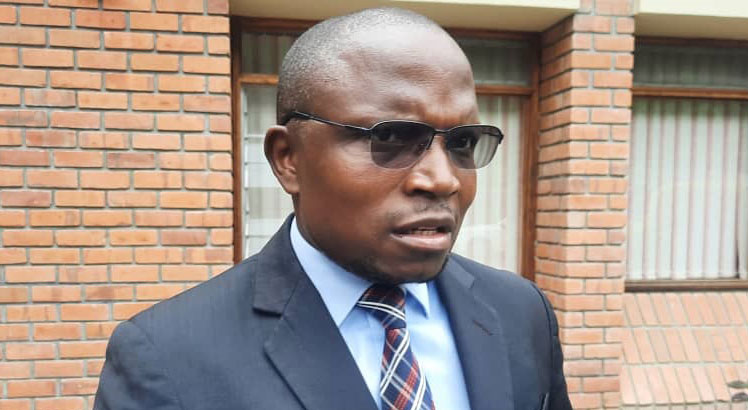Government suspends electricity tariffs hike
Government has suspended the electricity hike which the Malawi Energy Regulatory Authority (Mera) effected on November 10 2023.
Briefing journalists in Blantyre on Friday, flanked by Electricity Supply Corporation of Malawi (Escom) chief executive officer Kamkwamba Kumwenda, Minister of Energy Ibrahim Matola said the freeze, which will go up to the end of this financial year, is a result of consideration after people complained about commodity price increases due to the 44 percent devaluation of the kwacha.

However, one of the country’s economists has warned that failure to increase tariffs will turn Escom into a social responsibility institution.
On November 9 2023, Mera approved an increase in electricity tariffs by 40.92 percent following the application of automatic tariff adjustment formula (Ataf), from November 10 2023 in the wake of the local currency devaluation.
Matola, however, said the ministry noted that the adjustment has had a huge impact on Malawians considering that it resulted in the increase of prices of goods and services.
Said Matola: “To this effect, we engaged Escom to review the situation and come up with a win-win intervention that would not paralyse its operations, but would ease pressure on the masses that use electricity.”
Other cases putting Escom under pressure include the demand by suppliers to increase prices of goods and services they supply to the utility company, higher purchasing costs of energy from independent power producers who insist to sell in US dollars and foreign exchange losses through foreign denominated loans.
“After a careful consideration about all factors relating to the devaluation of the kwacha on Malawians, specifically domestic customers for Escom and Escom as business, I hereby announce that Escom will delay the implementation of Ataf adjustment tariffs for the domestic sector until April 1 2024. However, tariffs for industries and commercial customers will remain the same,” announced Matola.
But Catholic University of Malawi economics lecturer Glynson Chijinthi has said by failing to increase tariffs, Escom will stop being a profit-oriented institution.
He said: “At the end of everything, it is about the cost of production. This includes fuel which is already high. Then could be demand by its labour force to increase their pay.
“If it is about social benefit where profit is not necessary, that will be fine. But for business, expect it to make losses.”
Chijinthi observed that many government institutions have asked for bailouts because of decisions that do not make business sense.
In his contribution, Kumwenda acknowledged that due to the devaluation, Escom is expected to make a loss this year even if it made a profit last year.
Escom has been a fertile ground for abuse by politicians who would supply items not required by the institution.
Matola admitted that there has been misprocurement and abuse by politicians. He claimed that it was a thing of the past, which has no room in the current administration.
He disclosed that Escom no longer buys poles from abroad as it used to happen in the past.





